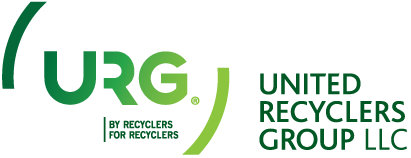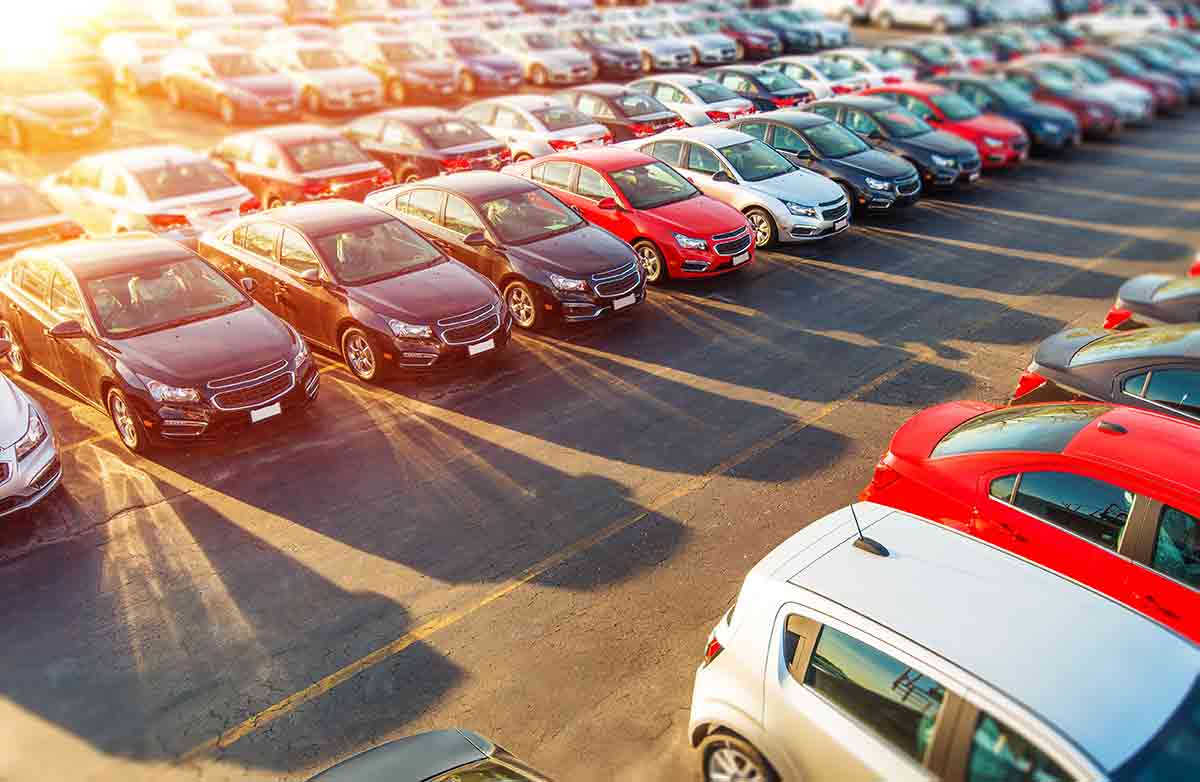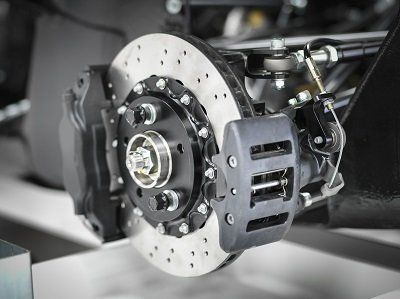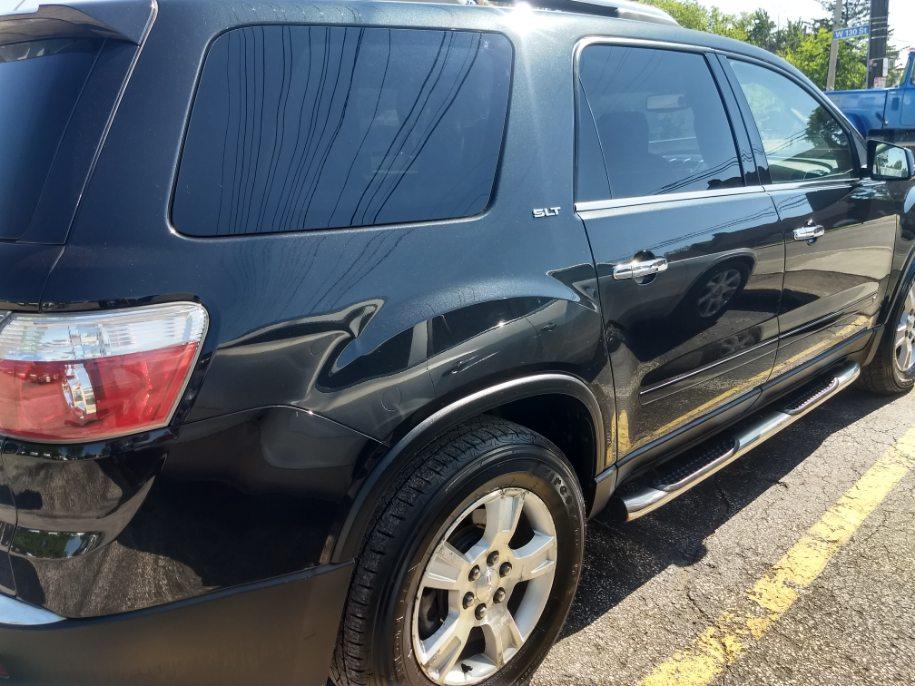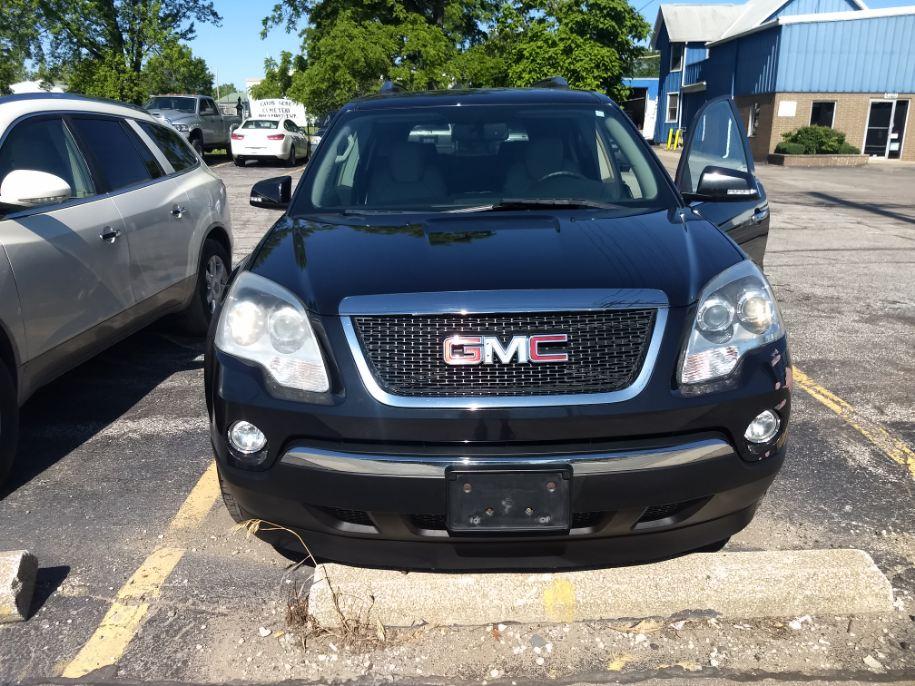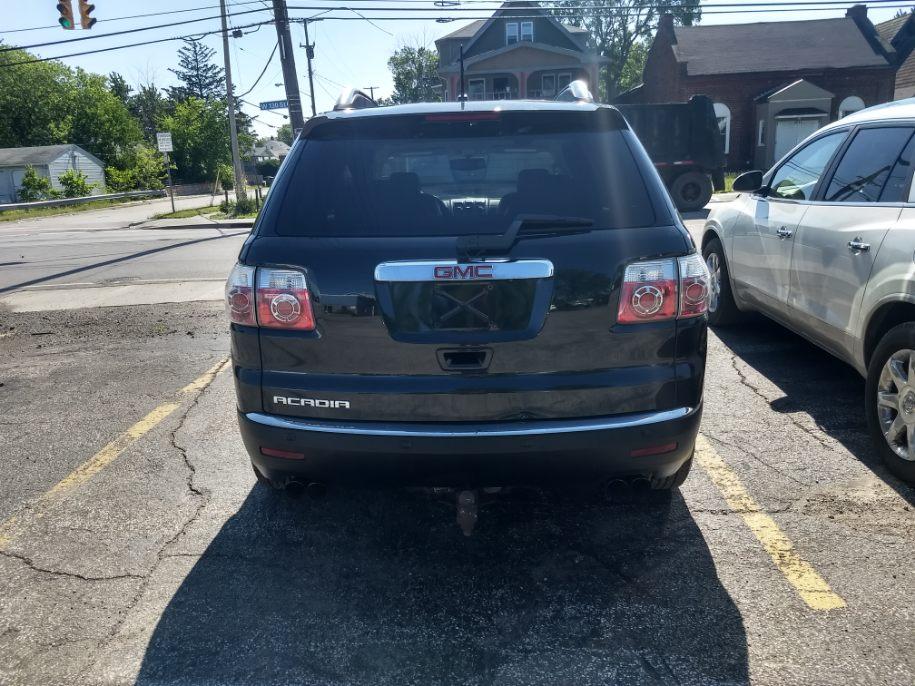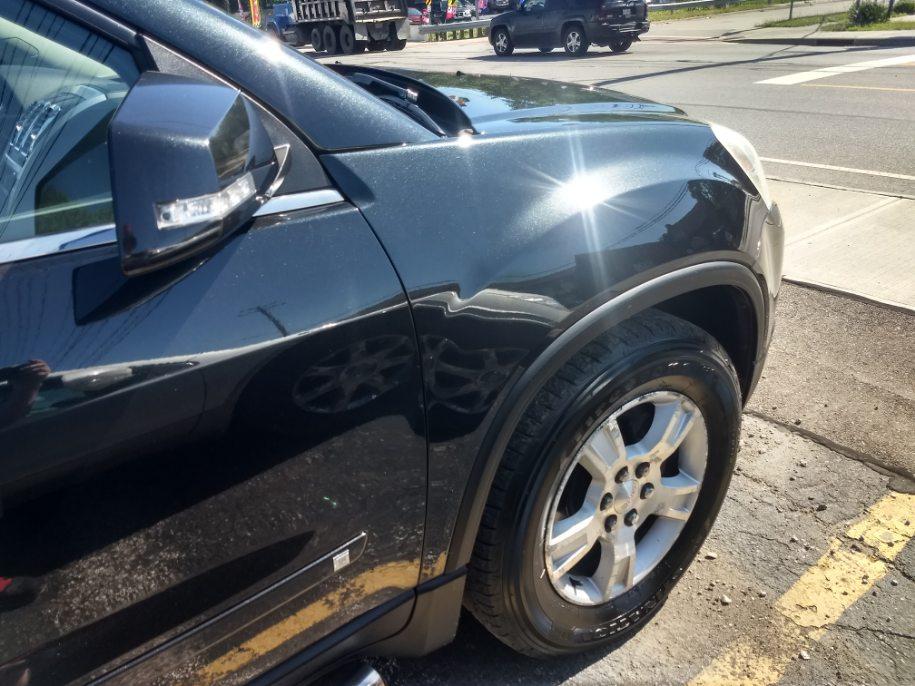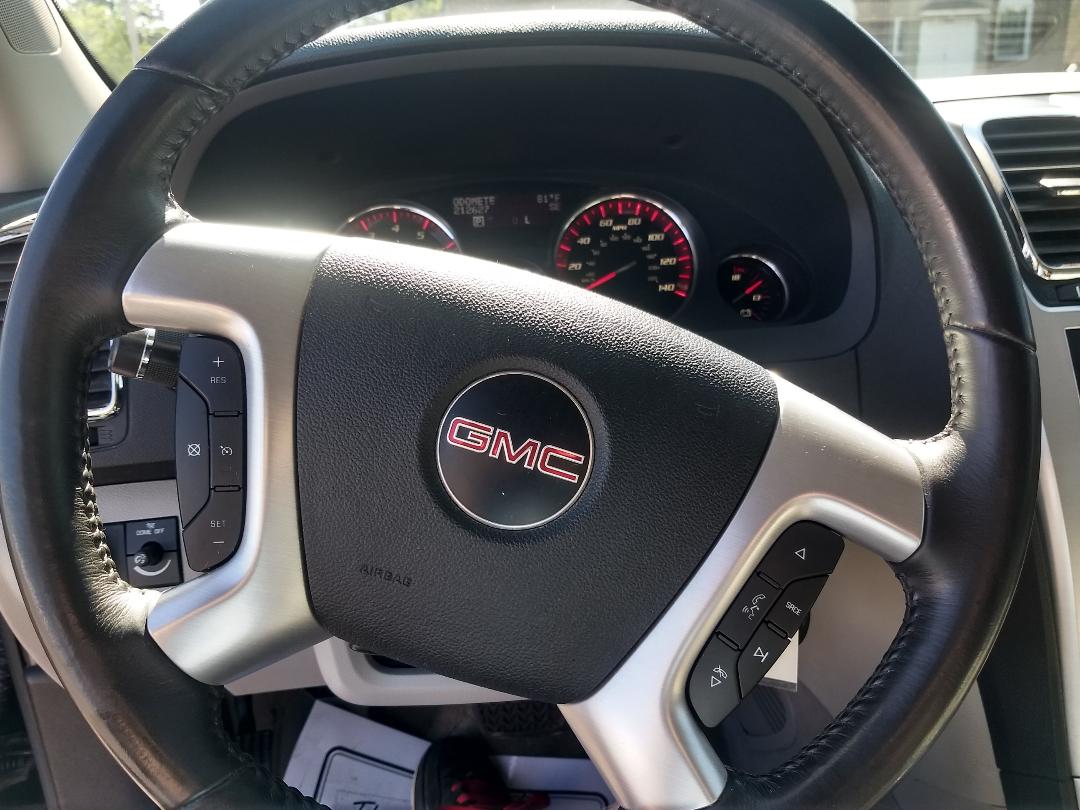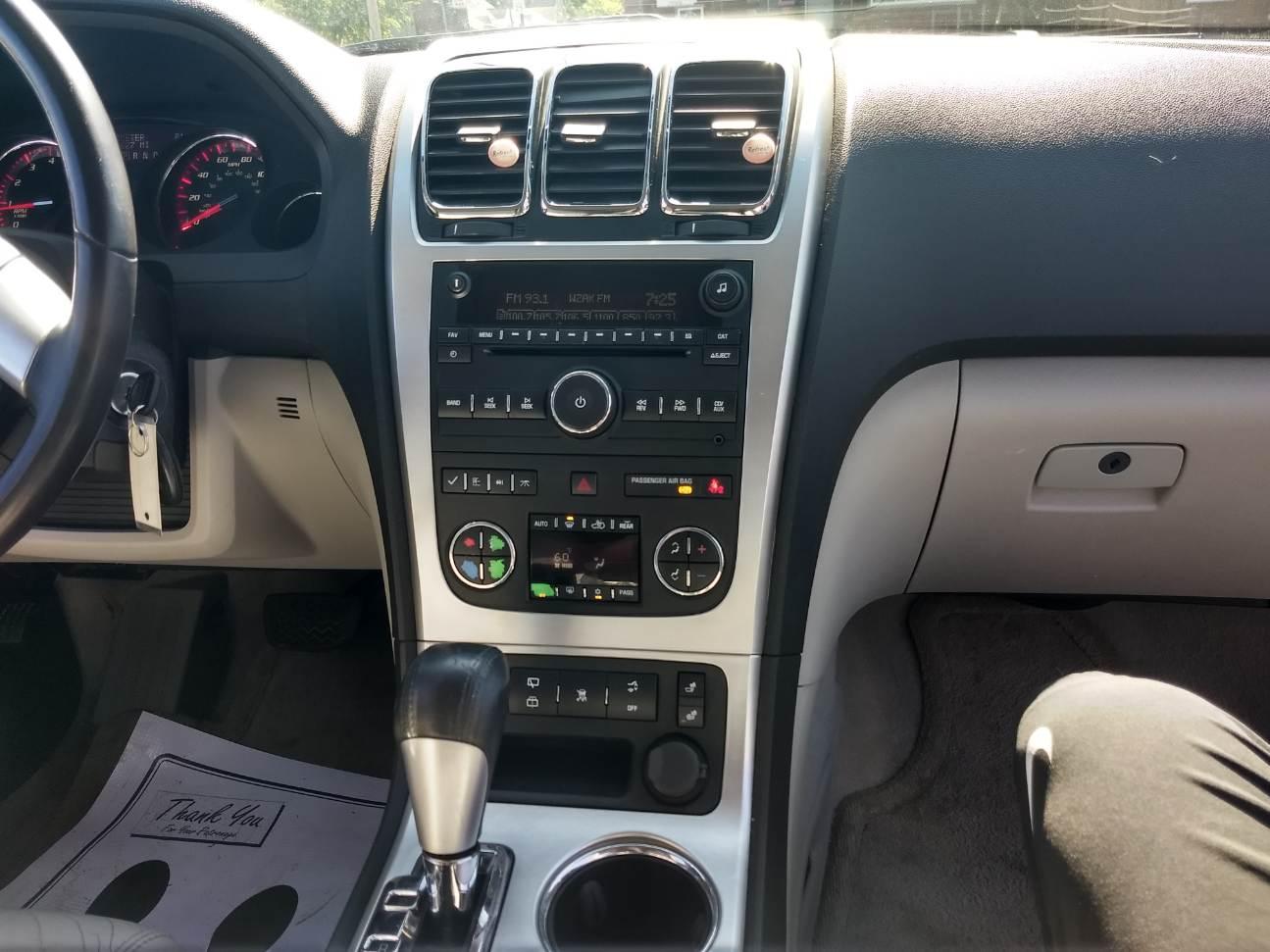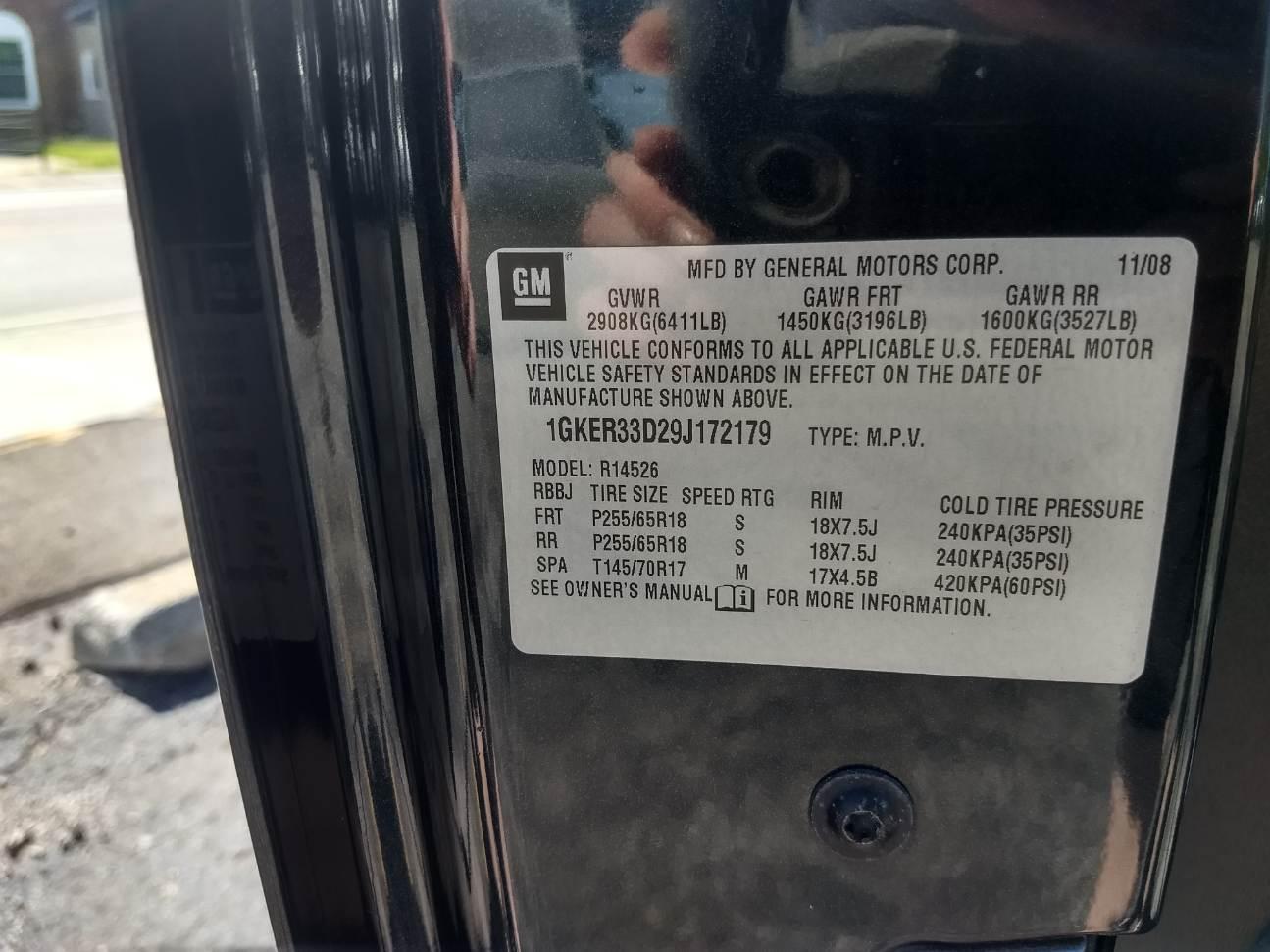
Proof of Safety
Proof of Repairs
Proof of Insurance Abilities
- Proof of passing state inspection/emissions testing
- Records of repairs
- Third party approval examinations
- Year/make/model of the vehicle
- Current salvage title
Cost Compared to New/Used Cars
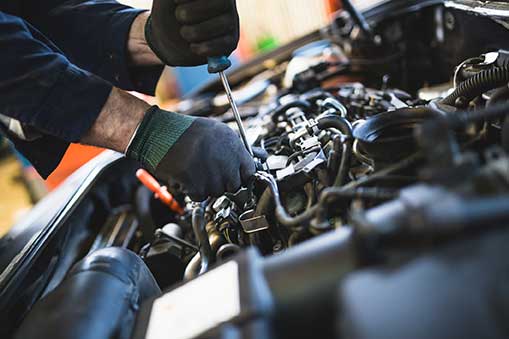
PARTS ARE ONLY AS GOOD AS THE DEALER
Swap meets, garage sales, flea markets and junkyards are common places to find used auto parts. The problem is you don't really know what you're getting when you use these sources, and you have a high risk of coming out on the losing end of the transaction.
Stick with a licensed auto parts supplier when you're in search of a used auto part. Licensed suppliers have experience with recycling auto parts and are better equipped to help you find the part you need, including parts that are often difficult to find.
Suppliers tend to have higher quality used auto parts. This is in part because they typically have advantageous partnerships in the auto industry.
TRANSMISSION
Your car's transmission uses a torque converter to shift gears and power your wheels. Replacing this can cost you several thousand dollars, depending on the make and model of your car.
Purchasing a used transmission or one rebuilt from salvaged parts is a practical way to save cost, and they're often as reliable as new models. Before shopping for a used or rebuilt transmission, find out the exact model and specifications needed for your car.
Avoid purchasing a damaged transmission. When you find the transmission you're looking for, cycle through all of the gears and make sure it shifts smoothly. You shouldn't hear any noises or grinding. Check to ensure that it isn't leaking transmission fluid, as that could also spell trouble.
Lastly, get a used transmission that comes with a warranty, and consider adding an extended warranty as well. This is often an option if the unit has fewer than 100,000 miles. This way you're protected against flaws and defects.
ALTERNATOR
The average cost of a new alternator is between $500 and $1,000, but you can save by purchasing a used or refurbished one. Your car's alternator powers the electrical components of your vehicle, including the lights.
When you find an alternator, ask the staff to test it. You'll want to make sure the alternator has the appropriate power. A standard voltage meter will show whether the alternator has good power or not.
RADIATOR
The radiator is a critical part of your engine's cooling system. You can purchase a used radiator at a fraction of the cost of a new one. Depending on your car's make and model, a new radiator may cost several hundred dollars. When purchasing a used radiator, you likely won't be able to test it on a working vehicle first, making it crucial to purchase from an established supplier with a good reputation.
Visually inspect the radiator for signs of damage and ask whether you can return it if it ends up being defective.
Purchasing used auto parts is a practical way to get your car back up and running. As long as you know what to look for, you'll be able to choose reliable parts that will keep your car on the road for years to come.
For a reliable, licensed auto dealer in Northeastern Ohio, come into Denison Auto Parts Inc. today.
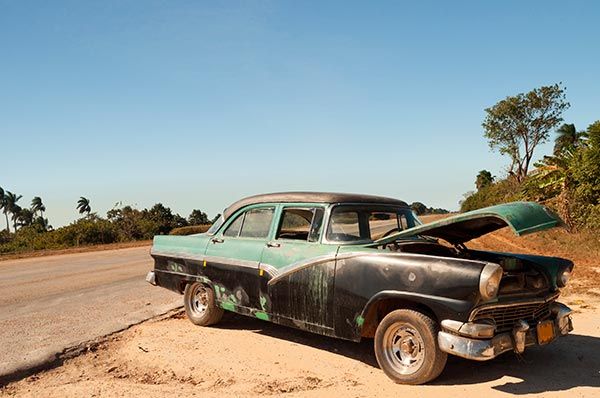
What Does Salvaged Really Mean?
Why Are Salvaged Vehicles Considered So Bad?
Do You Have to Rebuild the Car?
What Should You Look for When Buying a Salvaged Vehicle?


